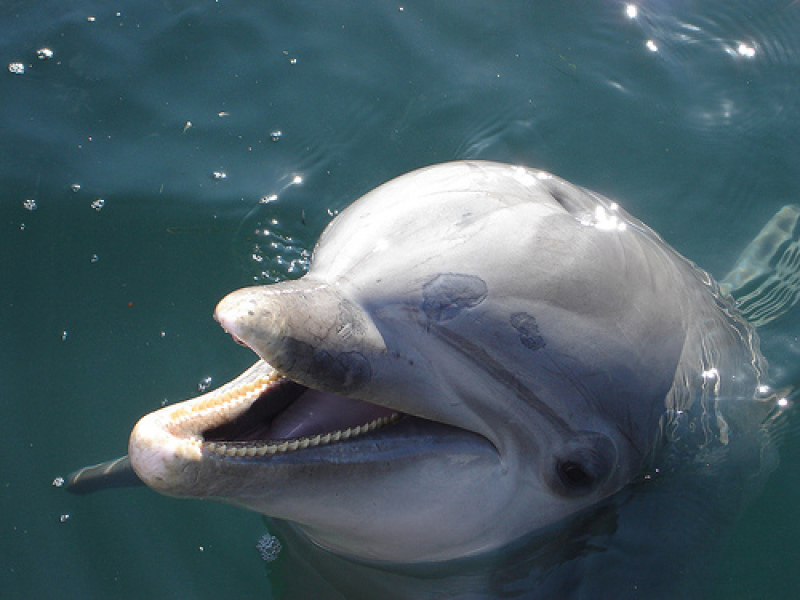
A recent scientific study revealed that marine mammals are prone to developing irregular heartbeats due to their movements underwater, Science 2.0 reported.
The condition, known as cardiac arrhythmia, also occurs among humans. Although not fatal, it could lead to heart attacks for those who have weak health conditions.
According the study's lead researcher Terrie Williams of the University of California-Santa Cruz, since mammals such as dolphins and seals are air-breathers, their bodies adapt by reducing their heart rate, which is known as bradycardia. This physiological process helps them conserve their oxygen supply.
However, when underwater, these animals often swim rapidly to catch prey. Due to the intense physical activity, they experience tachycardia, or an increase in heart rate.
The sudden changes between the two physiological responses send mix signals to the heart, which could lead to the development of an irregular beat.
"This study changes our understanding of bradycardia in marine animals," Williams said in a statement according to Discovery News. "The heart is receiving conflicting signals when the animals exercise intensely at depth, which often happens when they are starting to ascent."
"We're not seeing lethal arrhythmias, but it is putting the heart in an unsteady state that could make it vulnerable to problems," she added.
Williams and her team conducted the study by attaching monitoring devices to bottlenose dolphins and Weddell seals. The devices allowed the researchers to record the animals' heart rate, depth of dive and the frequency of their swimming strokes.
Based on the data they collected, the heart rate of the marine animals rapidly interchanged between bradycardia and tachycardia phases. Williams warned that this could lead to the development of cardiac arrhythmias.
The lead researcher noted that their findings can also be applied to humans especially among divers and those who compete in triathlons.
"It raises questions about what happens physiologically when extreme divers are disturbed during a dive, and it needs further investigation," she said.
"It may be that the same conflicting signals we saw in dolphins and seals are causing arrhythmias in some triathletes," Williams added.
The findings of Williams and her team were detailed in a report published in Nature Communications, a journal that features academic articles related to natural science.


















